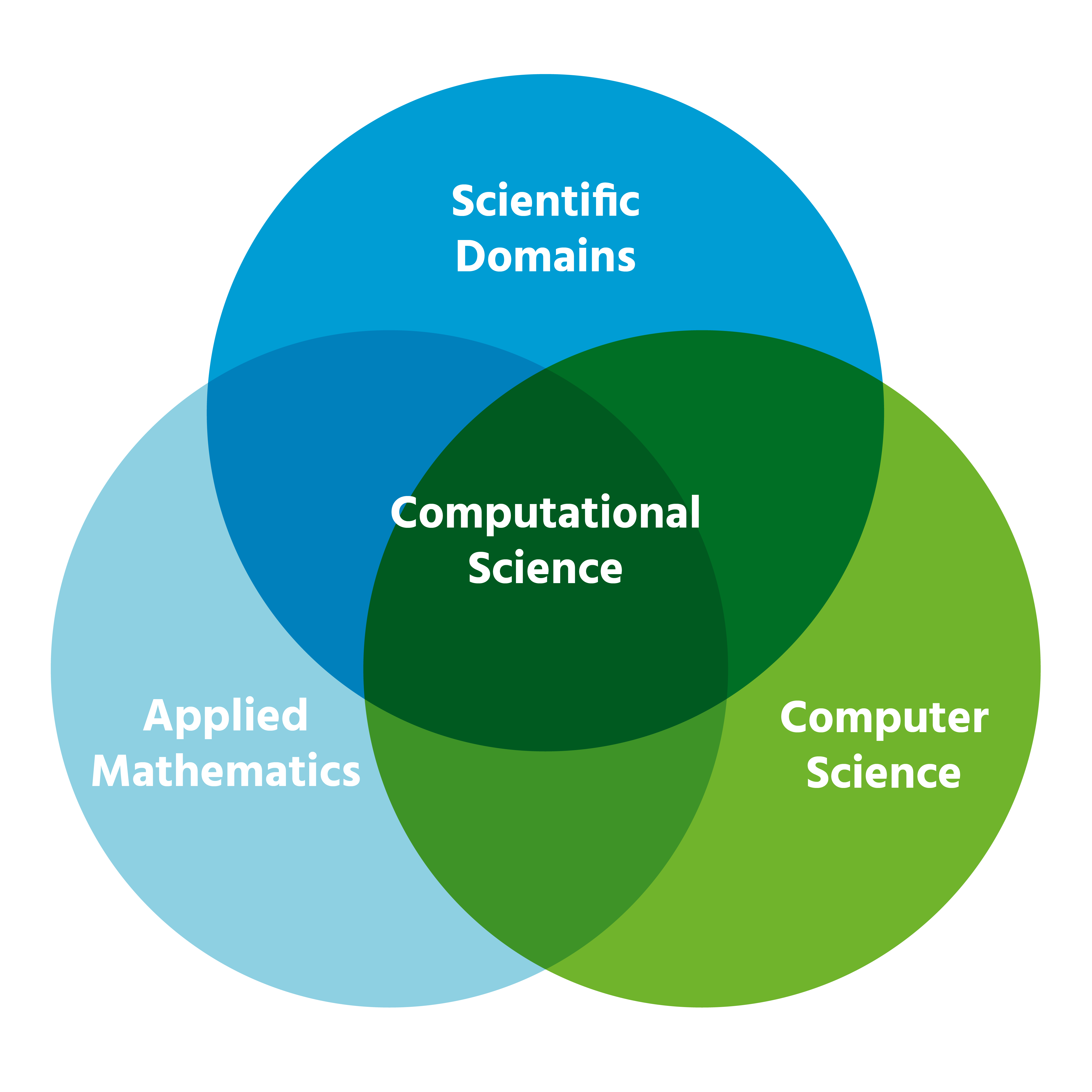Understanding the True Cost of Getting a Real Estate License: Investment, Process, and Benefits
What Does It Really Cost to Get a Real Estate License?
Becoming a licensed real estate agent is a strategic career move for many, but it’s important to understand all costs involved before beginning the process. The total investment required depends on several factors, including your state’s requirements, education provider, and ongoing expenses. In California, for example, the total cost typically ranges from $1,000 to $2,000 , but can be lower or higher depending on choices and individual circumstances [2] [1] .
Key Components of the Real Estate License Cost
Understanding the breakdown of expenses is crucial for budgeting and planning your path to licensure. Here are the core cost categories:
- Pre-Licensing Education: Every state requires aspiring agents to complete a set number of pre-licensing education hours. Course prices vary by state, provider, format (online vs. classroom), and package. In California, these costs generally range from $200 to $800 [1] [4] .
- State Exam & Application Fees: You’ll need to pay for the licensing exam and the application itself. California’s combined exam and license application fee is typically $305 [1] .
- Fingerprinting & Background Check: States require fingerprinting and background checks for new agents. In California, this costs $49 [1] .
- Exam Preparation Materials: While some education packages include exam prep, dedicated study materials can add $100 to $250 to your budget if purchased separately [1] .
- Association & MLS Fees: Many agents join local real estate associations and subscribe to Multiple Listing Services (MLS) for access to property databases. These fees are ongoing and vary widely by region [2] .
- Post-Licensing and Continuing Education: To maintain your license, you’ll need to complete continuing education and pay renewal fees. In California, renewal occurs every four years and costs $350 for the license, plus around $60 for required courses [5] .
- Other Expenses: These may include business cards, marketing, insurance (such as Errors & Omissions), and broker desk fees. These costs can range from $500 to $2,000 annually for active agents [2] .
Step-by-Step Guide to Getting Licensed
To become a licensed real estate agent, follow these actionable steps:
- Research State Requirements: Each state sets its own prerequisites. In California, you must complete 135 hours of approved coursework. For other states, visit your state’s official Real Estate Commission website or search for “[Your State] real estate license requirements” [3] .
- Choose a Pre-Licensing Course Provider: Select a state-accredited school. Compare package features, formats, and costs. Some providers offer payment plans or bundled exam prep.
- Complete Required Education: Finish the necessary coursework. Many students opt for online classes for flexibility.
- Prepare for and Pass the State Exam: Invest in exam prep materials. Schedule your state exam and pay the corresponding fee.
- Submit Fingerprinting and Application: Schedule fingerprinting, complete your background check, and submit your license application with fees.
- Find a Sponsoring Broker: Most states require new agents to work under a licensed broker. Interview prospective brokerages to understand desk fees, commission splits, and support.
- Activate Your License: Once approved, you can officially represent buyers, sellers, and renters in property transactions.
- Join Associations and MLS: Membership provides access to resources, legal protection, and listings. Fees vary by organization and geographic area.
Practical Example: California Licensing Costs
Let’s review a real-world scenario for California:
- Pre-Licensing Education: $400 (mid-range online package)
- State Exam & Application: $305
- Fingerprinting: $49
- Exam Prep Materials: $150
- Association/MLS Fees: $500 (annual, varies)
- First-Year Marketing/Insurance: $800
Total Estimated Initial Cost: $1,204
Ongoing annual costs can reach $1,500 or more, depending on your activity level, memberships, and marketing needs [2] .

Source: licenseclassroom.com
Potential Challenges & Solutions
The upfront investment may feel daunting, but there are strategies to manage costs:
- Budgeting: Create a comprehensive budget for both initial and recurring expenses.
- Payment Plans: Many schools offer payment options for pre-licensing courses.
- Broker Support: Some brokerages reimburse or subsidize licensing costs for new agents-ask about incentives during interviews.
- Tax Deductions: Licensing, education, and professional fees may be tax-deductible as business expenses. Consult a qualified accountant for guidance.
Benefits of Holding a Real Estate License
Despite the costs, the rewards can be substantial. Licensed agents enjoy:
- High Income Potential: The average salary for residential agents in California is reported as $110,945 to $200,000, depending on specialization and market conditions [2] [1] .
- Career Flexibility: Agents can work independently, join teams, or specialize in niches like commercial, luxury, or leasing [1] .
- Professional Growth: After gaining experience, agents may pursue broker licensure for greater autonomy and earnings.
Alternative Pathways and Additional Guidance
If you’re unsure about the commitment, consider these alternatives:
- Temporary or Part-Time Licensure: Some states allow part-time agents, which can reduce up-front marketing costs.
- Assistant Roles: Work as a licensed assistant or transaction coordinator to gain experience before full licensure.
- Specialized Certifications: Pursue certifications for property management or appraisal-these may have lower costs and requirements.
How to Get Started
To begin, research your state’s official Real Estate Commission website for the most accurate, up-to-date licensing procedures. Search for “[Your State] real estate license application” and review all requirements. In California, visit the Department of Real Estate’s official website for forms, scheduling, and verified education providers.
If you need further guidance, you can:
- Contact your state’s Real Estate Commission directly by phone or email.
- Consult local real estate associations for advice and mentorship opportunities.
- Ask prospective brokerages about training, support, and fee structures before signing on.
With careful planning and informed choices, a real estate license can be an accessible and rewarding investment in your professional future.

Source: licenseclassroom.com
References
- [1] Allied Schools (2024). Detailed breakdown of California real estate license costs and benefits.
- [2] Colibri Real Estate (2024). Comprehensive guide to California license expenses and income potential.
- [3] Colibri Real Estate (2025). National overview of real estate license requirements and fees.
- [4] License Solution (2025). Analysis of California real estate license costs and school options.
- [5] US Realty Training (2024). Real estate license renewal fees and continuing education costs for California.
MORE FROM searchhole.com













